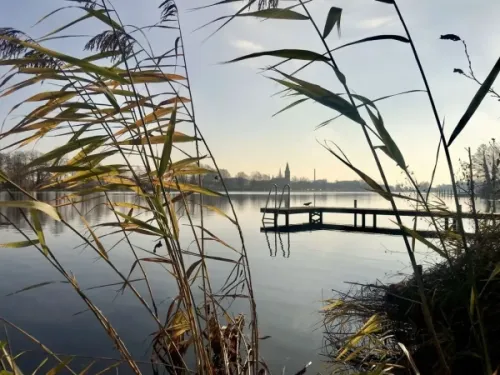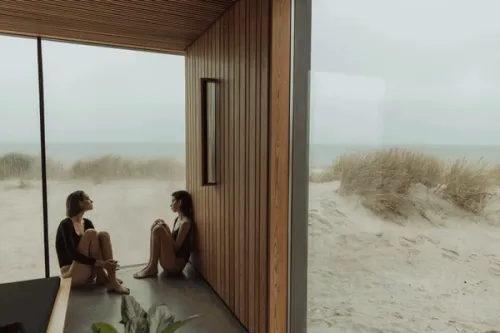Can't miss
Staycations
Watch out for
Wellbeing travel
Staycation Collection
8 travel trends for 2021
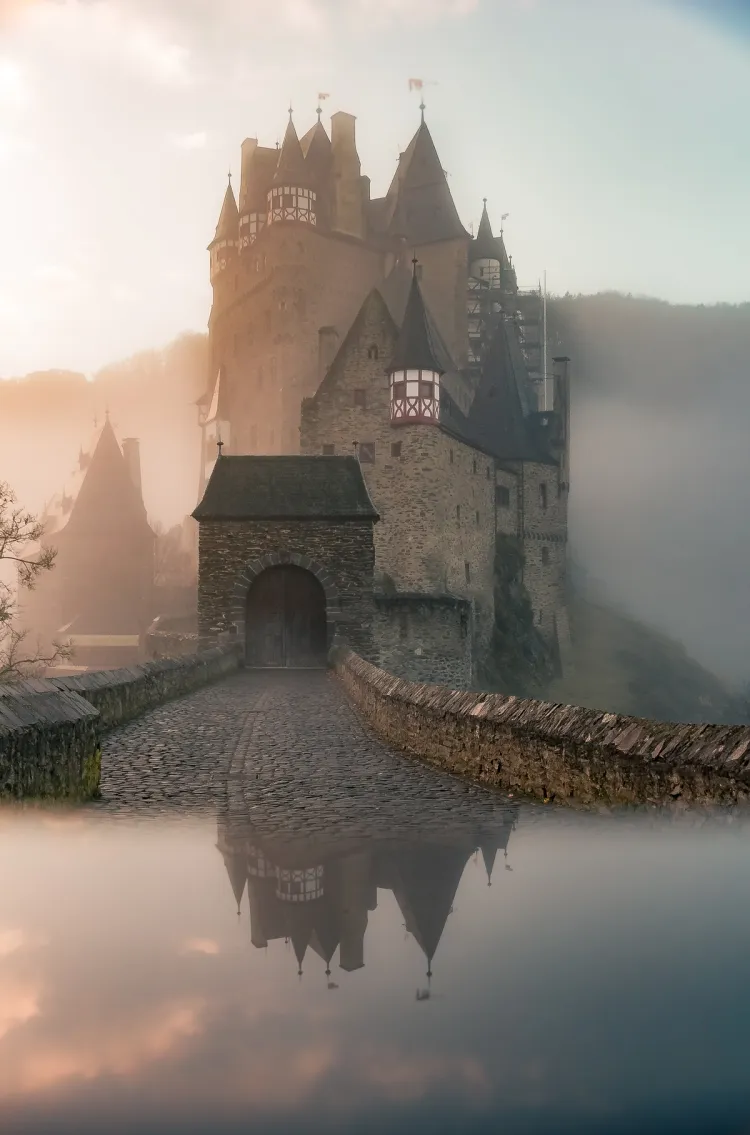
Trends to watch for
The tourism sector was rocked this year, and the world of travel looks totally different to how it did a decade ago. We got thinking about what we think will happen in the next 12-months, and how travel is likely to change.
We know from surveys conducted by Airbnb that domestic travel is on the rise, while Rough Guides are predicting an increase in slow travel. We think there’ll be a big focus on getting off-grid and people wanting wellness-focused getaways.
What do you think the next year holds for travel? What do you want more (or less!) of? We’d love to hear from you.
1. The rise of the staycation
In Airbnb’s global survey, they found that 62% of people want to take trips closer to home, meaning staycations, aka travelling to destinations in your home country, will become the most popular form of travel in the year ahead.
In Germany, the most popular destinations with residents are:
- Baltic Sea
- Bavaria
- North Sea
- Berlin
- Baden Württemberg
- Mecklenburg’s Lake District
- Harz Mountains
Don't Get Fomo
Fernweh Newsletter
Discover Germany, beyond its tourist spots: get adventure tips and day trip inspiration straight to your inbox. Every month, for free. Sign up so you don’t miss out.
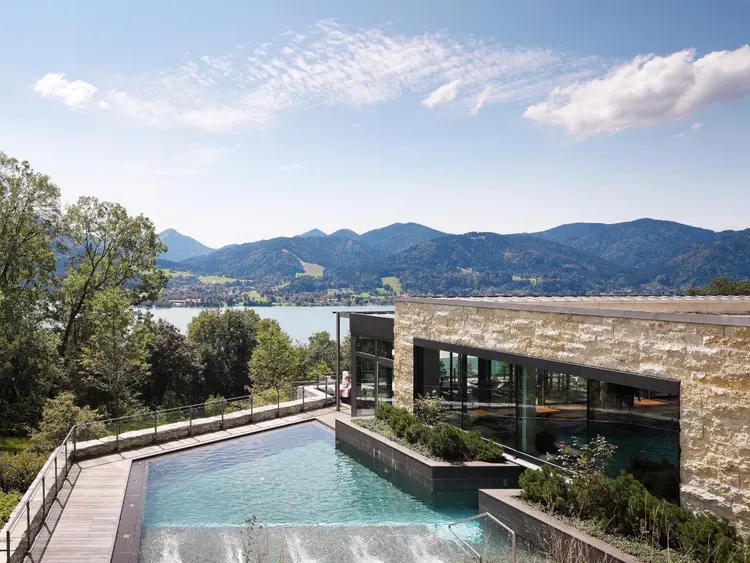
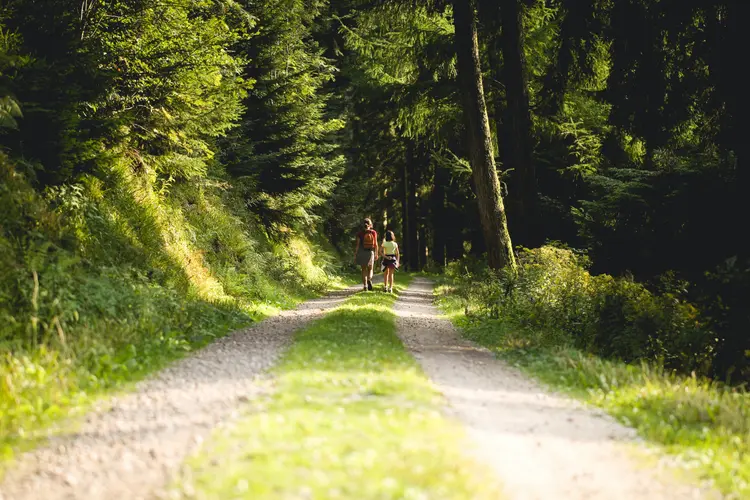
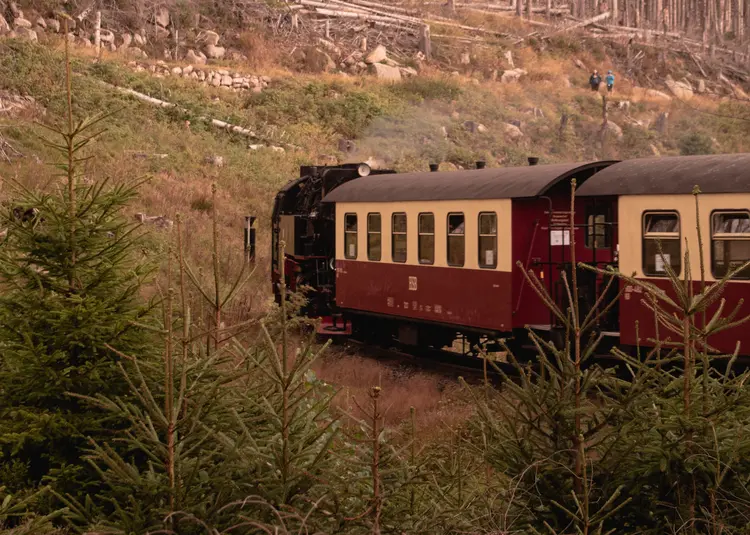
The slow life
2. Reconnection with nature (and a disconnection from our devices)
We all need a digital detox. Life in 2020 has, for a large part, been lived through the blue glow of our screens. In 2021, we think people are going to want to surround themselves with trees somewhere where there’s zero phone reception. Nature is good for reducing our stress levels and increasing our capacity to relax, and these are two things we really need, right?!
On The Staycation Collection, we saw a huge demand for cabins in the woods this year, so we recommend you plan ahead to ensure a secluded escape is a reality in 2021.
3. Increased slow travel
“We’re seeing a surge in demand for slower, more extended trips,” Rough Guides writes. And we agree. The slow living movement - based on the principals of being more conscious, intentional and mindful - has been causing waves in the food sector, and it’s time it hit the travel industry.
With pent-up wanderlust comes a greater appreciation of the simple pleasures – marvelling at a vivid sunset, enjoying long breakfasts on the terrace, breathing in the fresh mountain air. We’re going to be in search of these pure, simple travel experiences, which will in the future trigger a wholesome sense of nostalgia.
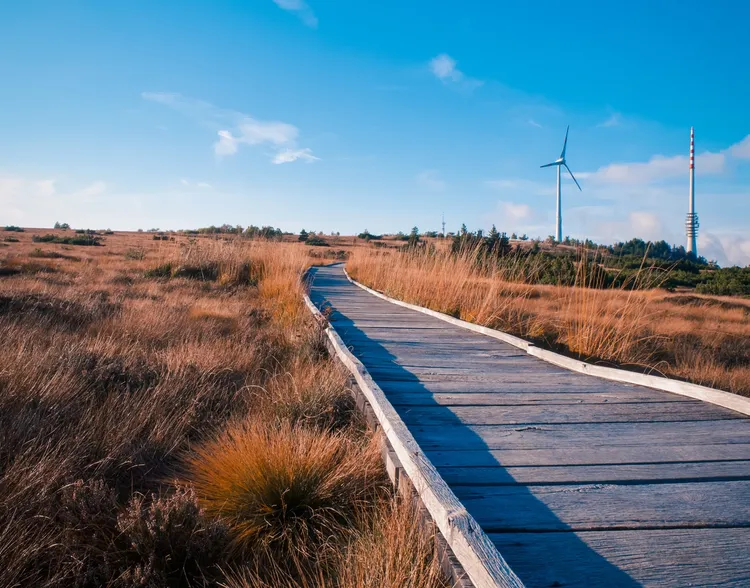
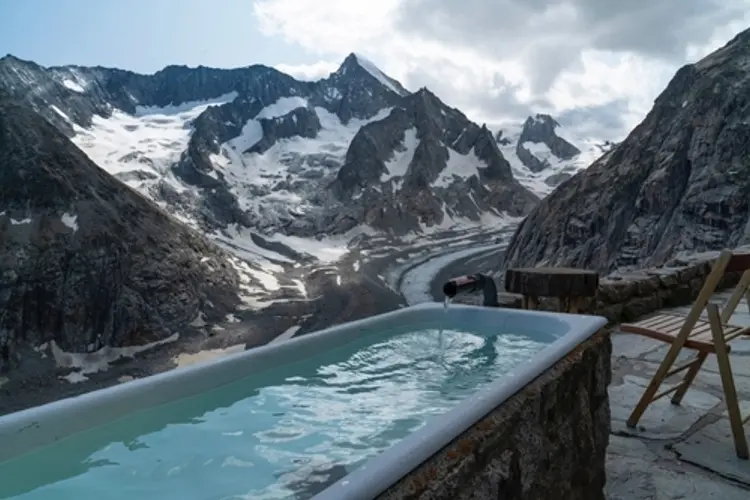
Responsible travel
4. Accommodation with soul
Connected to the last trend, we can see a rise in travellers looking for places to stay with personality. Given the lack of adventures in the last year, big resorts with bland interiors just won’t cut it going forward. From rustic farm stays run by families to boutique hotels with chic interiors, there’s a demand for extraordinary from the places we choose to sleep.
Supporting local and independently-run businesses is going to become a priority, and tourists will proactively want to create a positive impact on the destinations that they visit. Therefore we’ll be much more interested in the people behind the places, looking to learn more about them and their passions.
5. A focus on sustainability
The desire for sustainable, green tourism is higher than ever. Plus we’ll be looking to travel more by train than plane for a number of reasons. We’ve realised how fragile our planet is both in terms of eco-system and human inter-relations. So we’ll be seeking hideouts that have an emphasis on environmental and social responsibility.
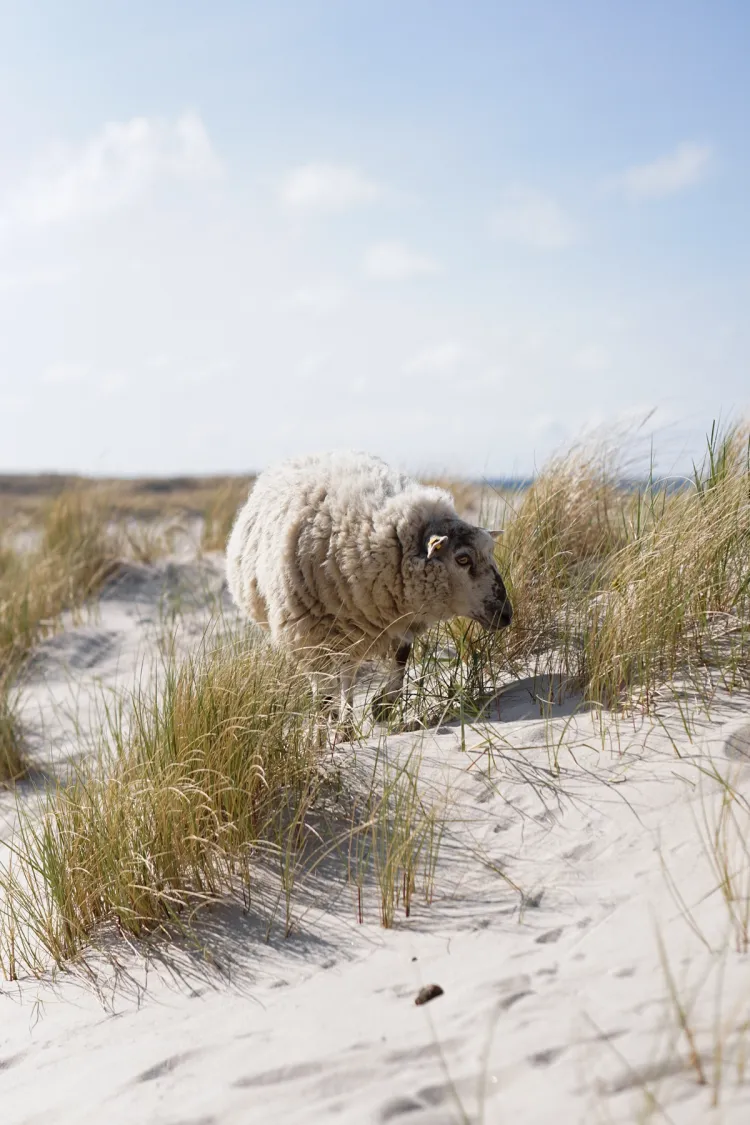
Connection and rejuvenation
6. Wellness travel
Holistic travel is set to become more mainstream, as people put more emphasis on their personal wellbeing, with a focus on physical, mental and spiritual rejuvenation. Think spa escapes and yoga retreats.
7. The desire for hyper-personalised travel
Travellers are opting to not follow the crowd, instead seeking much more personal experiences tailored to their needs. This, therefore, leads to the demand for bespoke travel options and for increased matchmaking of accommodation and activities.
Get in touch with our travel experts if you want help planning your 2021 Germany holiday!
8. Flexibility and last-minute planning
Frequent cancellations and last-minute change of plans means that travellers want better cancellation policies and an easy option to alter their itinary, plus many are choosing to wait until the last second to book trips so they can be certain it will go ahead. The industry - activities, transportation and places to stay - need to adapt to meet this new demand.

